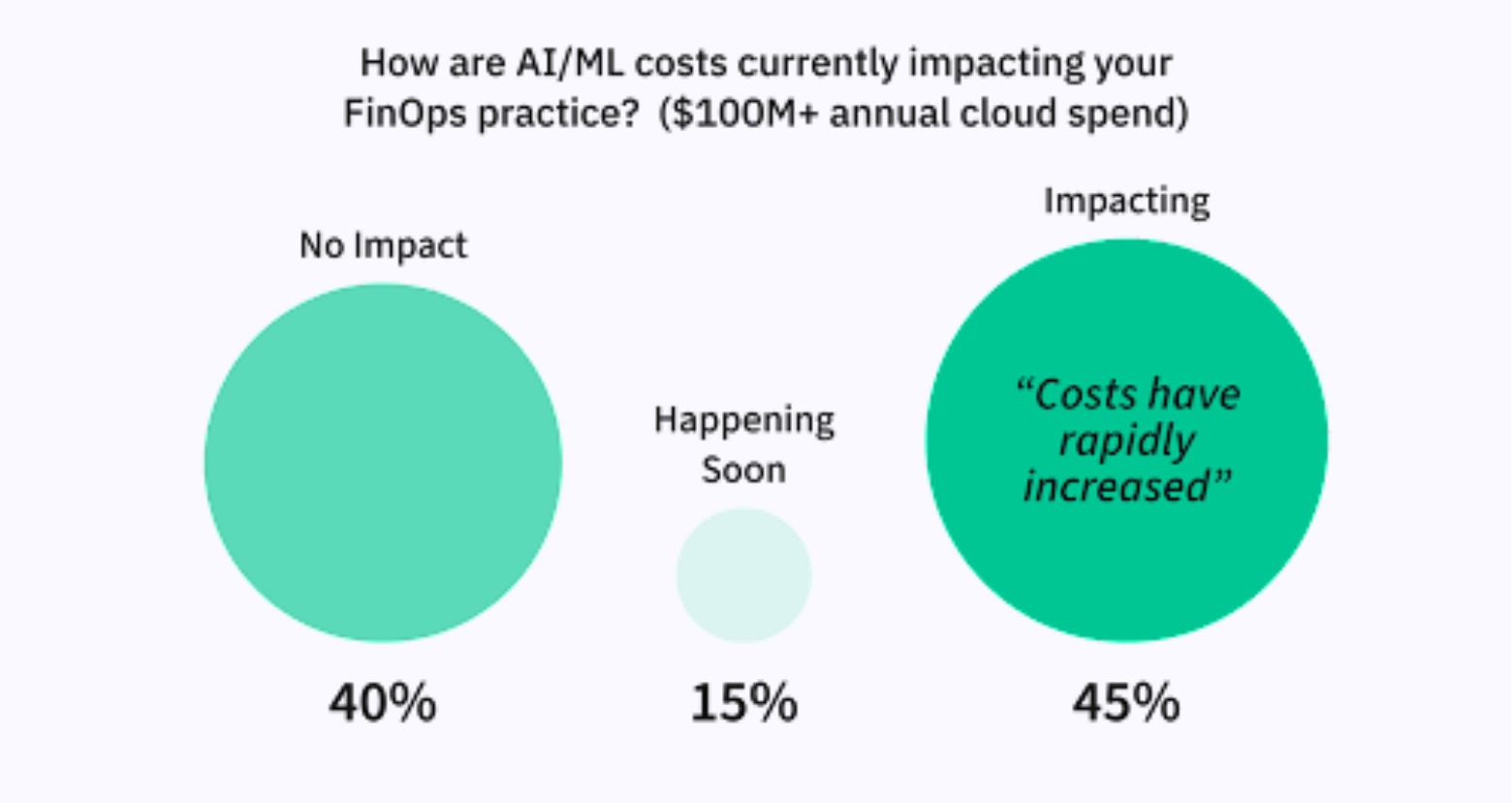The ordinary mobile user often feels the need to backup their personal files only after they’ve lost it. It’s almost a cliché where a grad student loses their research because a laptop was lost or the father who loses years worth of their kids photos when their phone is stolen.
To combat this, cloud services have tried to become easier to use. Everything from automatic uploads to cross platform access has been implemented.
However, only one addresses the external circumstance that is the data cap: zero-rating.
To be frank, if not for zero-rating, you could argue that not many people would use the cloud as the round-the-clock backup it was intended to be.
Zero-Rating is the practice of mobile carriers allowing users to use a data-consuming service without counting the data used against their cap. Meaning if video streaming app X is zero-rated, I can as much data as I choose through the app and it would not have an impact on my total data cap with the carrier.
For example, when Pokemon GO first launched in the US, T-Mobile offered customers a limited time offer where data used through the app had no impact on the customer’s data cap.
In short, it’s an incentive tool for mobile carrier that gives customers access to everything from content streaming to Gaming on mobile.
It comes back to the issue of round-the-clock protection.
Even with 3.4 billion mobile users across the world, almost 1 in 3 report data loss on mobile. While the circumstances for data loss varies, a big component of why people don’t backup constantly revolves around data caps. Simply put, no one wants to use precious MB to back up personal files because it’s conceivable that they would lose a device (or data in said device) that is with them 24/7.
Yet, mobile users are a walking contradiction when it comes to valuing their data and backing it up. One study found that while 90% of users value the data on their mobile devices. only 10% reported that they backed up their data on a daily basis. Furthermore, 72% of people polled reported that photos and videos were their most important assets on mobile – and every now and then, you hear about these users who lose chunks of precious moments stored on mobile devices.
You could argue that the decision to not back up stems more from our own psyche than any technical obstacle. Psychology Today reports that human beings are ill-prepared to deal with risk that do not pose as an immediate consequence.
In some ways, cloud adoption to prevent data loss suffers from the same branch of logic. While it takes a good personal cloud service less than 5 minutes to upload a day’s worth of photos, many of us don’t think to do it because we fail to foresee a mobile disaster. Hence, when disaster strikes, we may end up missing that pivotal group of files and photos that just so happened to remain in the queue to be uploaded.
This is where zero-rating comes into play.
In the aforementioned study, ‘ease of use’ was cited as the highest obstacle to users backing up their data. I would argue that it’s not easy to use an app intended to be automatic when you have to manually find Wi-Fi and enable the app to operate in those locations.
I mean with zero-rating cloud storage resembles car insurance except it has all the perks and nowhere near the price and headaches Insurance Companies cost.
Given the adoption of zero-rated service across telecoms across the world, my answer would be that zero-rating certainly has an appeal to customer. However, most of the fanfare as it relates to zero-rating revolves around content and OTT messenger services like HBO GO and WhatsApp rather than any cloud services.
From our own internal research, between cloud options that are provided with zero-service and without it, the difference is staggering. Between two mobile Service Providers in the same market, cloud options with zero-rating enabled have about 10x more growth in users per month than non-zero-rated clouds. A substantial endorsement for zero-rating cloud if it needed any further validation.
With the advent of services from mobile carriers – such as RCS – zero-rating is set to become even more prevalent than it is now. A trend which we have no doubt, would help reduce that total amount of data loss statistically significantly.
By Max Azarov





